Few things stir the mojo, rile up the gut, and are as goddamned religious as the intoxicating fumes of carne asada summoning life on a hot grill. The street taco is something that brings people to their knees. No matter what you love or what you believe in, this street food changes everything. The scent drives screws into your soul, it reminds us that there’s a reptilian brain buried down past the love of drive-thru iced lattes and a comfortable pair of Adidas.
Flesh over fire is a social gospel exacted in real-time. Passerby’s, they can’t help it, soon, they’re digging in their pockets for a few bucks, just to maybe grab one or two off the taco man for the road. This is a sacred and holy position, us plebeians down here, we thank you, taco man.
Food is powerful like that. It does things to our social chemistry. It empowers our soul. Food is the cross-generational salve that takes the pain out of a sting. When it’s a birthday, we celebrate with cake, and when someone kicks the bucket, we mourn them with fried chicken or food made by old ladies at a church. It doesn’t matter what country you’re in or what caste you belong to, there is no higher place of love and respect, of conversation than the meal. From foxholes to chefs ready to battle a Saturday night during regular times, it’s a moment that exists without pre-text because it’s honest.
2020 has been like getting kicked in the heart with baseball cleats. Repeatedly. We’re all dealing. From social injustice to Coronavirus, to mental health issues roaring like a starved tiger, dragging a lot of us to the edge of sanity, it’s been a vicious year.
I struggled for weeks with putting my thoughts together to give a coherent view of “what can I say?” What purpose does your voice serve during a time full of revolutionary moments, but also a recurrent nightmare for the restaurant and bar industry, all while locked in your own roller coaster of emotions?
It’s a complicated time, one we’ll make it past, but not without some scars. Which is why I drifted back to food. I’ve been burned out for weeks, staring at my laptop screen, wondering how I was going to write. Everything felt like a broken ball bearing case inside a skateboard wheel, instead of forward motion, metal grinding on top of one another.
For a hot minute, I didn’t know if I had any gas left in the tank. It was bleak. Food was the connective tissue that felt honest like there was something more, it was earnest instead forced. That this bond wasn’t a clumsy Instagram post chiding supporters to believe a multinational brand had any more of a soul than that three-fingered bastard, Mickey Mouse, but like a starting point of conversation - this was my way of talking honestly.
The kitchen is a place to make a small change in our world. Food is the great equalizer, it can humble us, but always teaches us. A kitchen is a universal place constructed via honesty, hard work, and transparency, things everyone believes in. If you want to learn something about yourself, walk up to the stove, and keep with a grandmother who can break a chicken down quicker than you can FaceTime a pal from work. Ask the guy who knows the secret to good crawfish and you won’t get a one-word answer, you’ll get a college-level course in flavor profiling. This is a mantra.
But, here’s the thing: Food is ultimately political. The best things we eat, the foods we love, most of them came from the struggle.
They came from the leftover crap no one wanted. Brisket, beans and rice, box macaroni and cheese, oysters, sushi, foie gras, caviar, skirt steak, escargot, carnitas, po’ boys, all working-class creations served with whatever was on hand to get through the day. Someone starved like a dog had to use the noodle to figure out how the hell to make crawfish a cultural staple. Lobsters were fed to prisoners, while soul food comes from the scraps of slavery. We can learn a lot about people through their cuisines. That’s why it drives us forward. Food creates harmony. It cuts the bullshit. These foods became high dollar menu items because the story changed around them, but the outcome was the same: they brought strange bedfellows.
I have a belief that good food changes how we see one another, that two bitter enemies can find joy if they’re open to it. Could we take a Conservative and a Progressive and sit them down for a meal without making it about politics but about two people’s reactions? I think we could. This is just about the food. We can strip away the context for a moment and see people celebrate something together.
More folks need to meet over a plate of Nashville hot chicken, talk, sweat it out, and laugh at how their mouths are on fire. This is real sweat equity. For those few minutes, it’s two people eating together, grunting and groaning in appreciation.
This humanizes other people. Breaking bread together breaks a cycle of prejudice based on cultural differences. Instead of folks immediately hating on each other, a good meal creates a shared language.
Maybe after these two have wiped their brows, talked, and heard each other’s stories, they can find a place to see where they disagree, why they feel the way they do about life, but ultimately work together to change it. It’s through those stories that we can see our humanity through life’s clearest lens.
Injustice requires action. It takes people out in the streets, along with the government getting its act together, too. But if there’s one small way the culinary community can champion togetherness, this is the weapon of choice. This is radical action, one plate at a time.
Robert Dean is a journalist living down in Austin, Texas. His work has been featured in Forbes, Consequence of Sound, Austin American-Statesman, Mic, Fatherly, Daily Grindhouse, and Farce the Music, to name a few. He's also been on CNN and NPR.

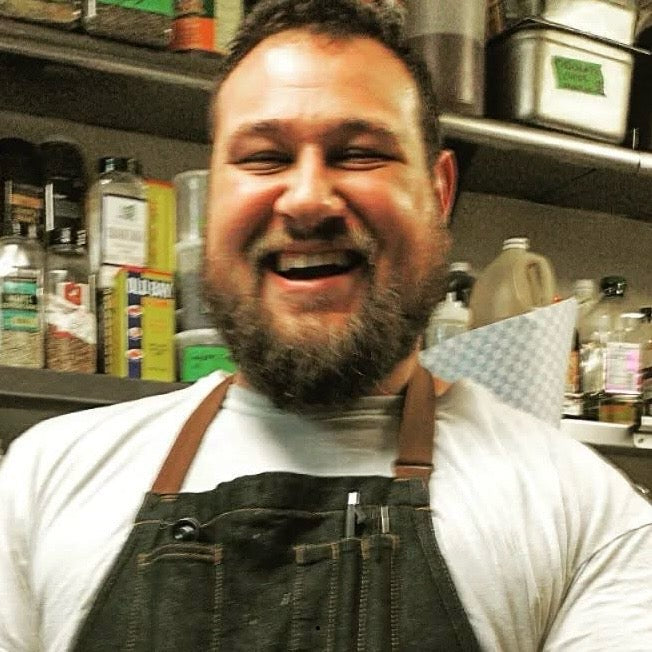
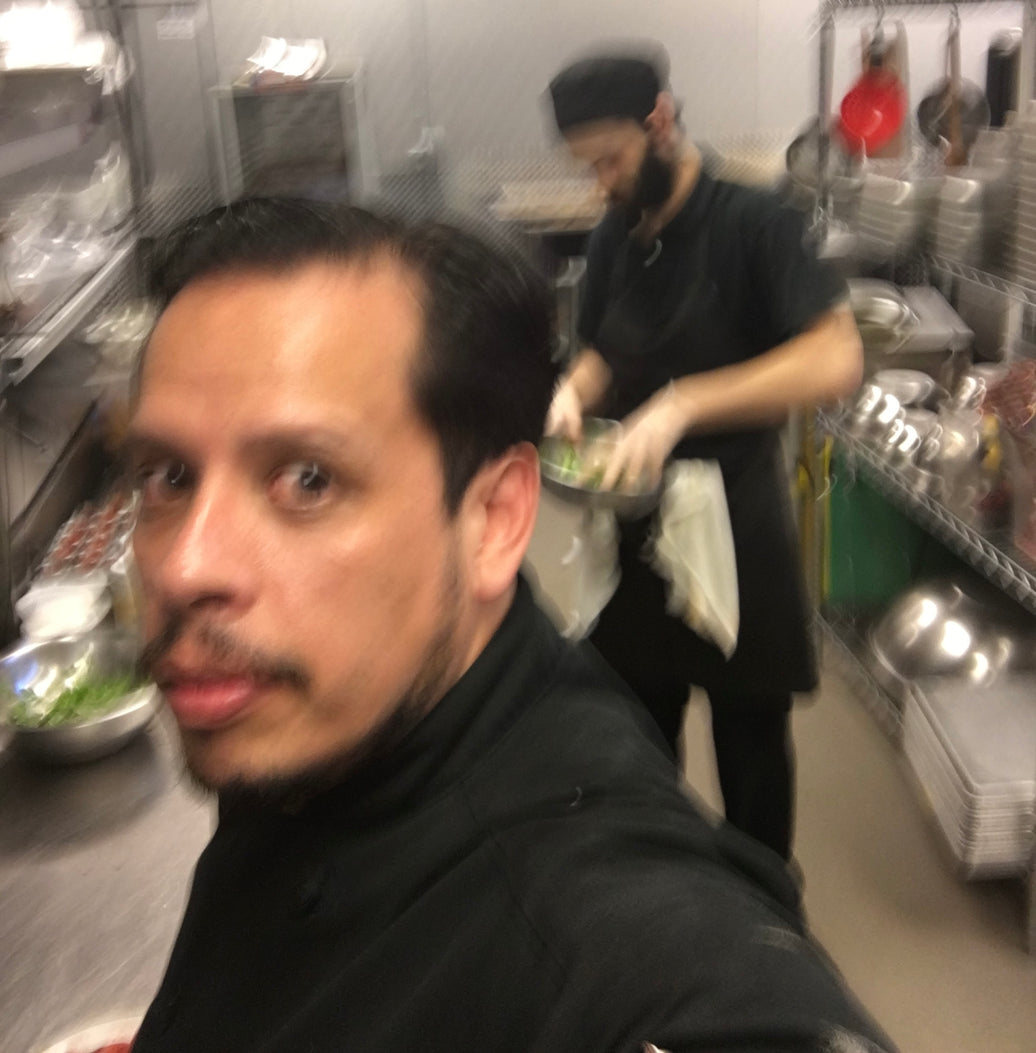
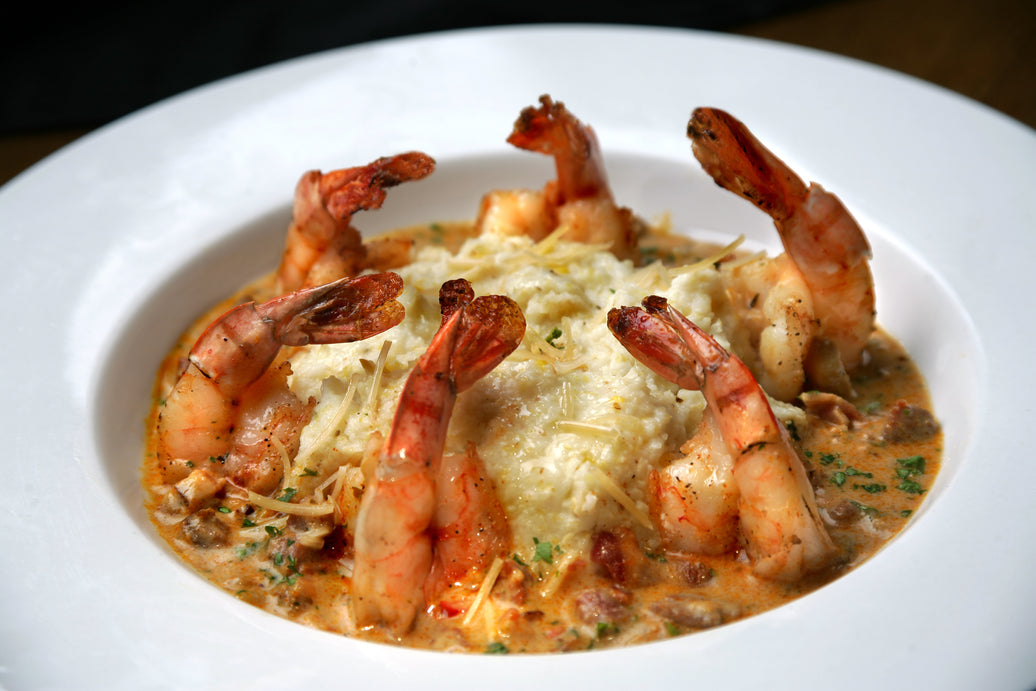
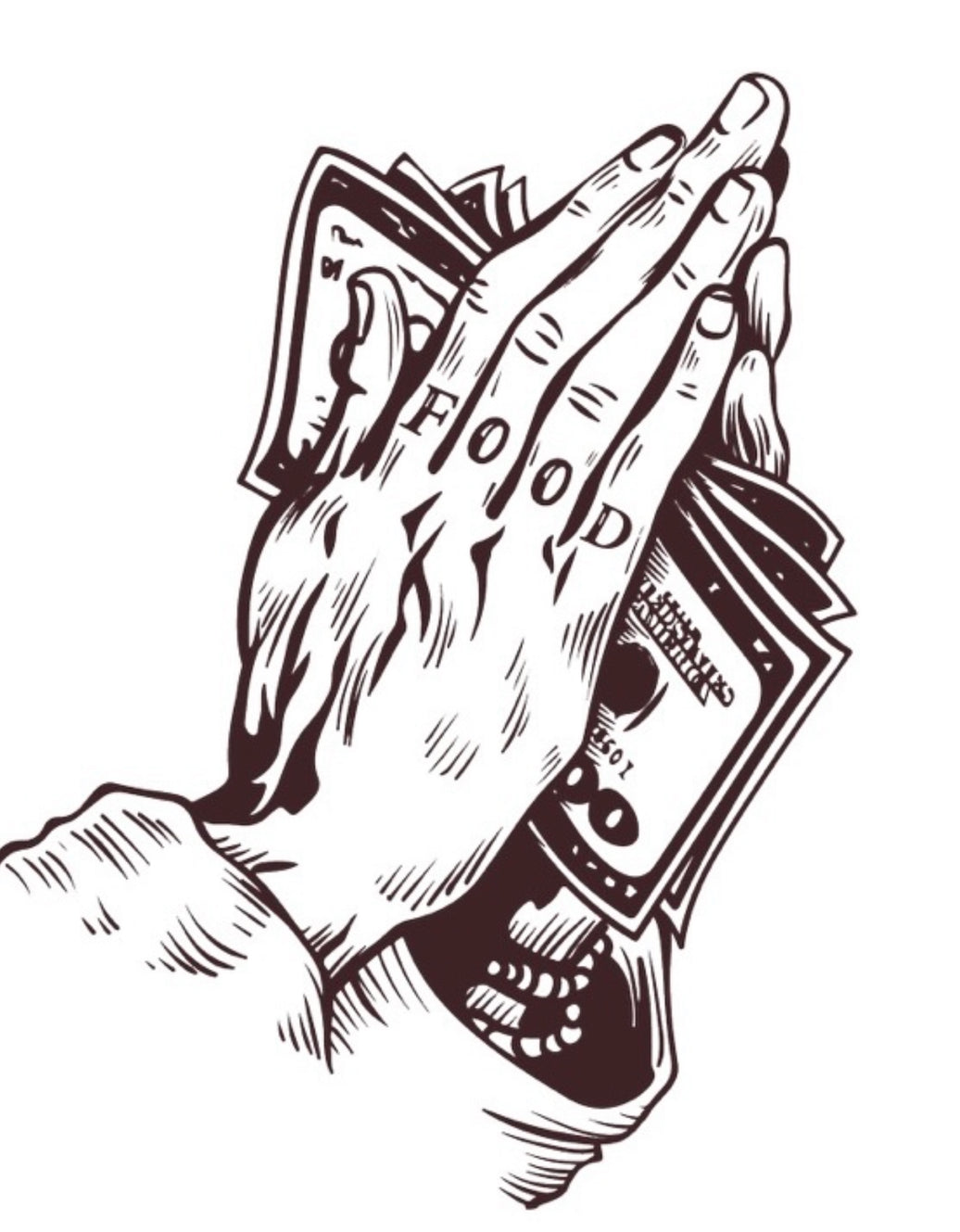
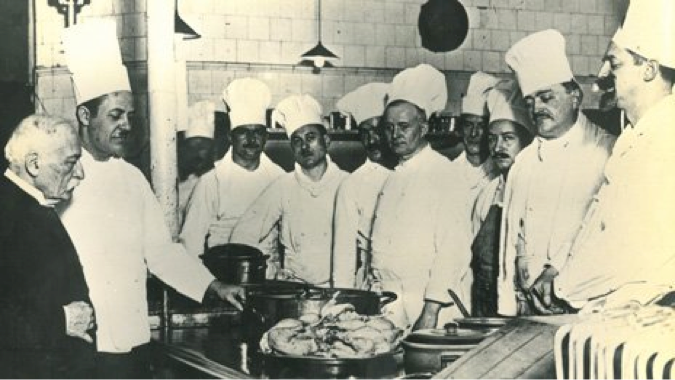
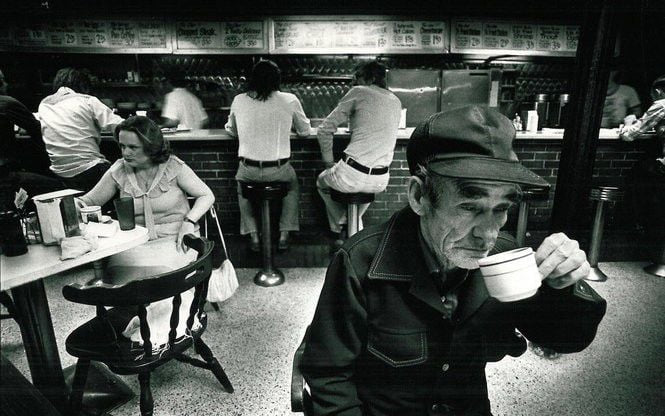
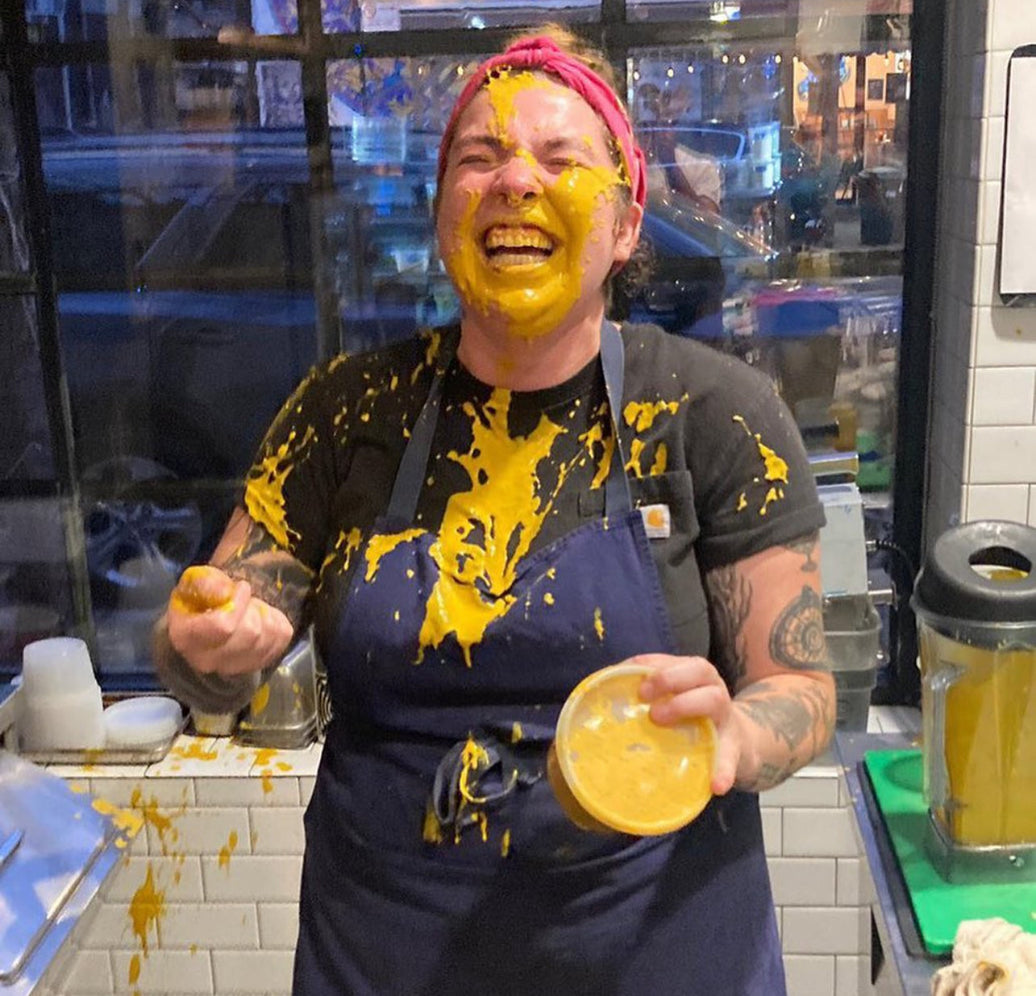
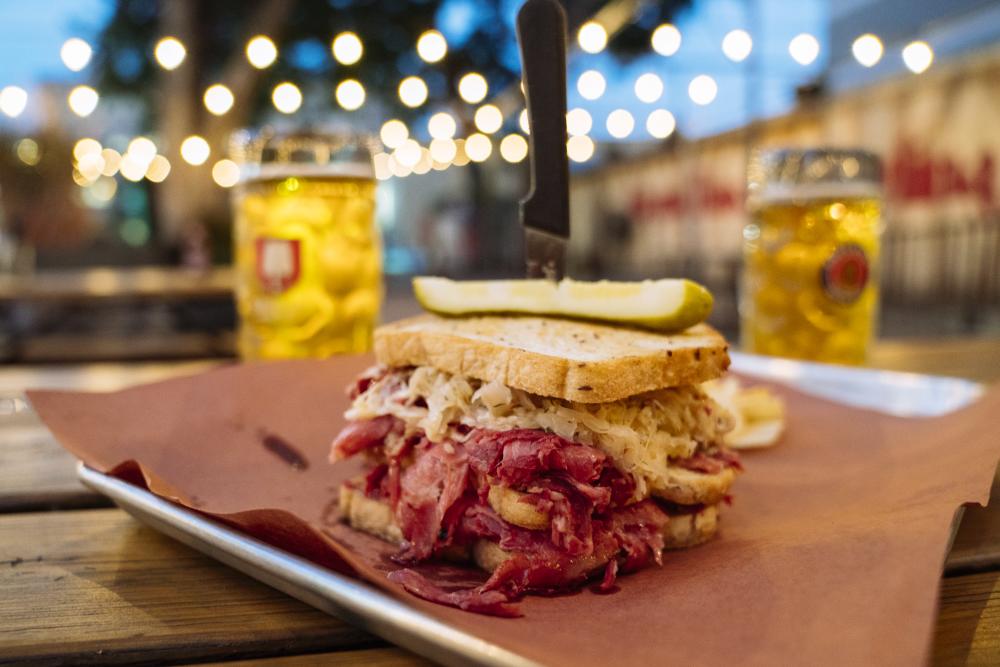
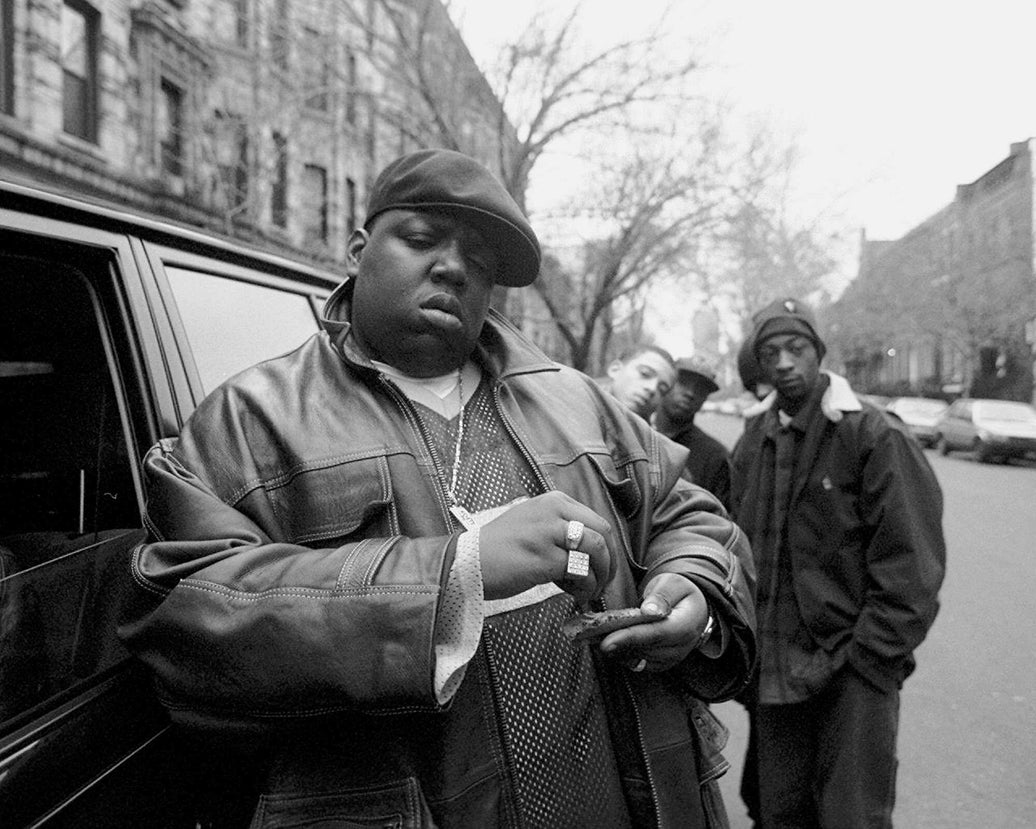
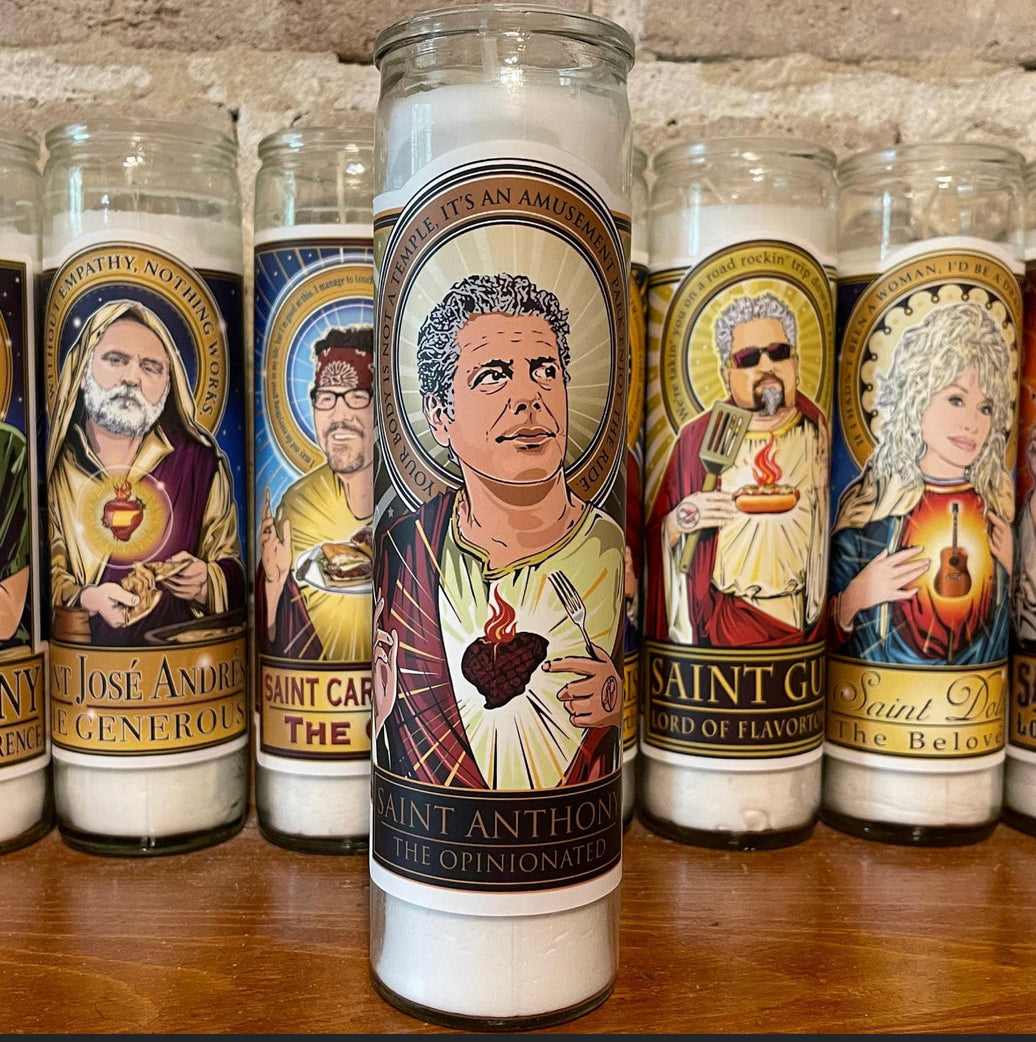

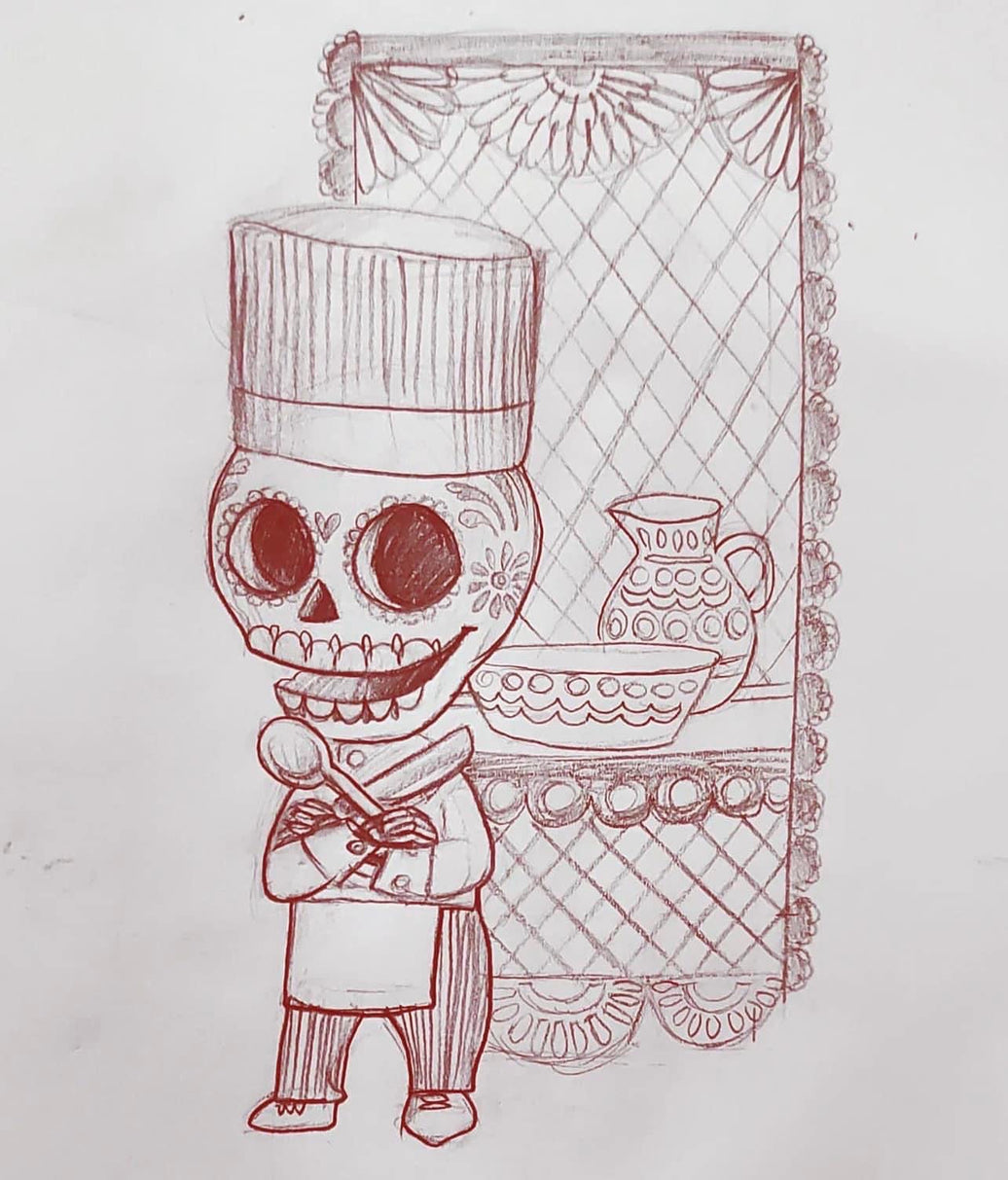
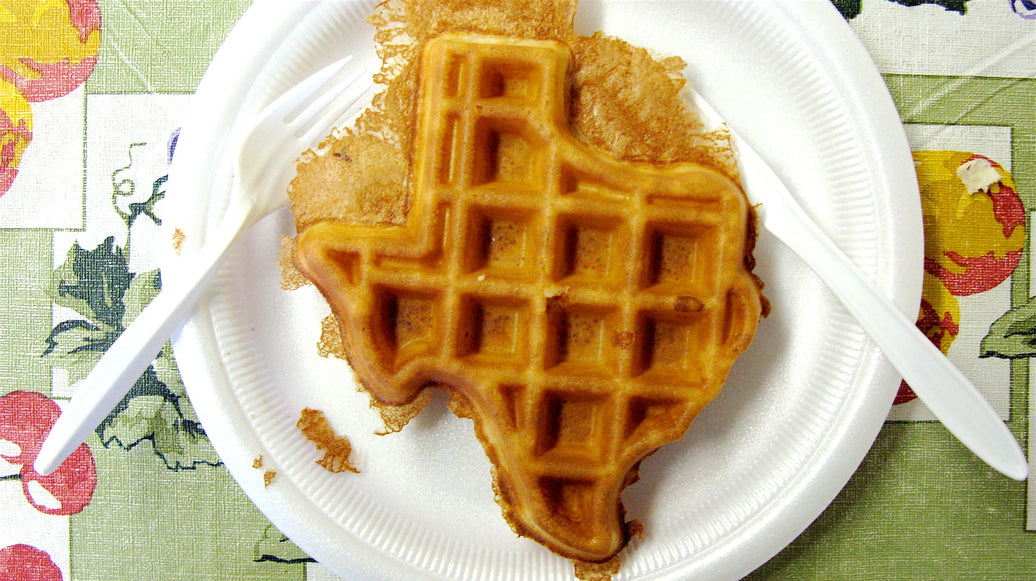
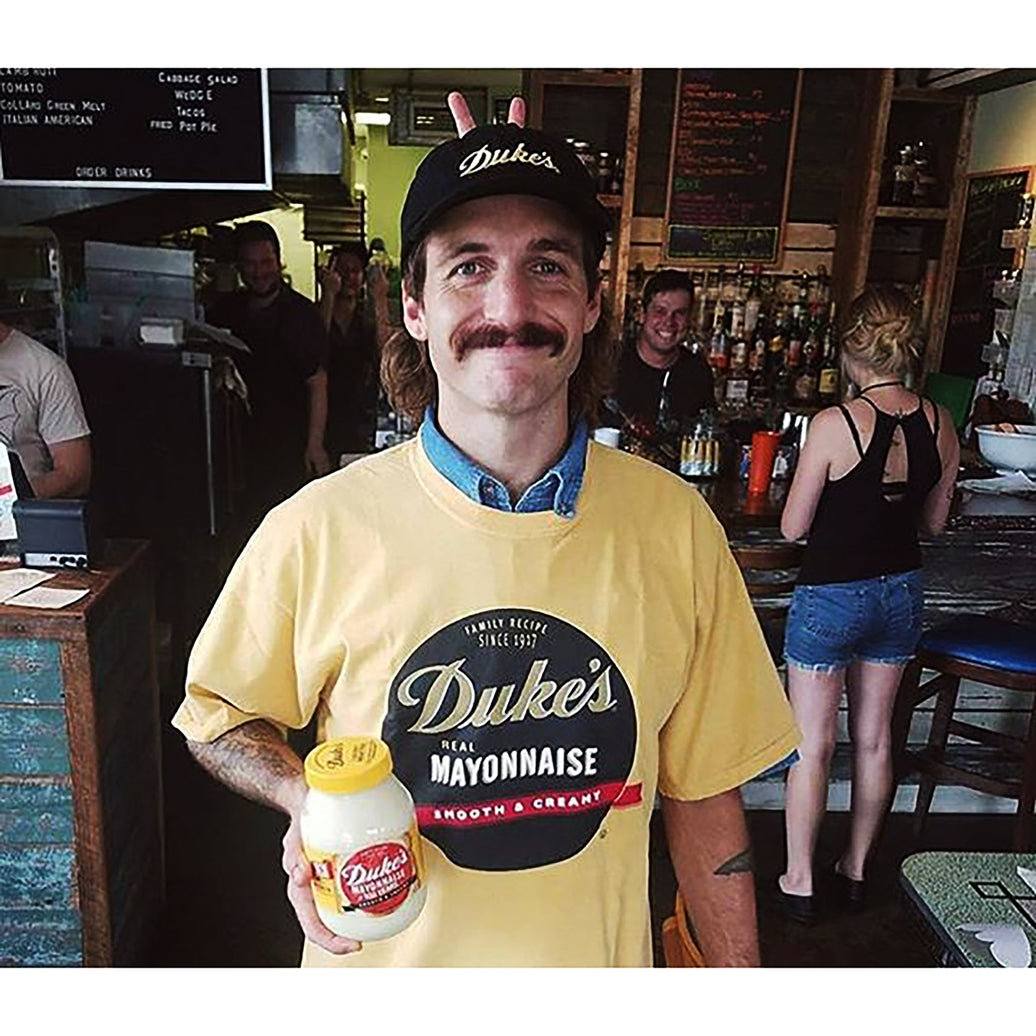
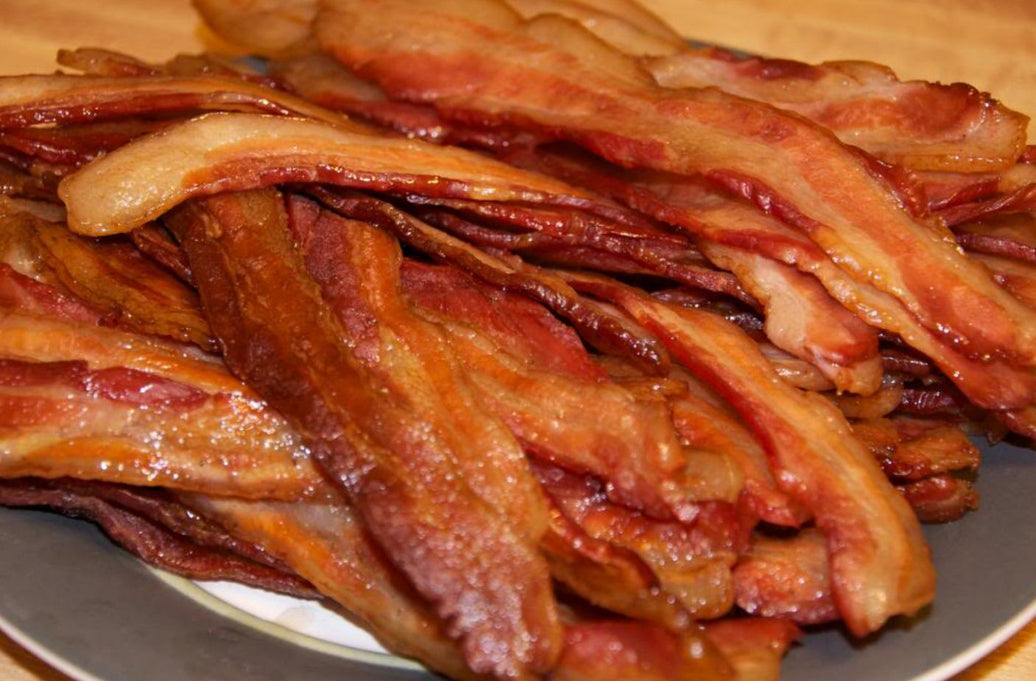

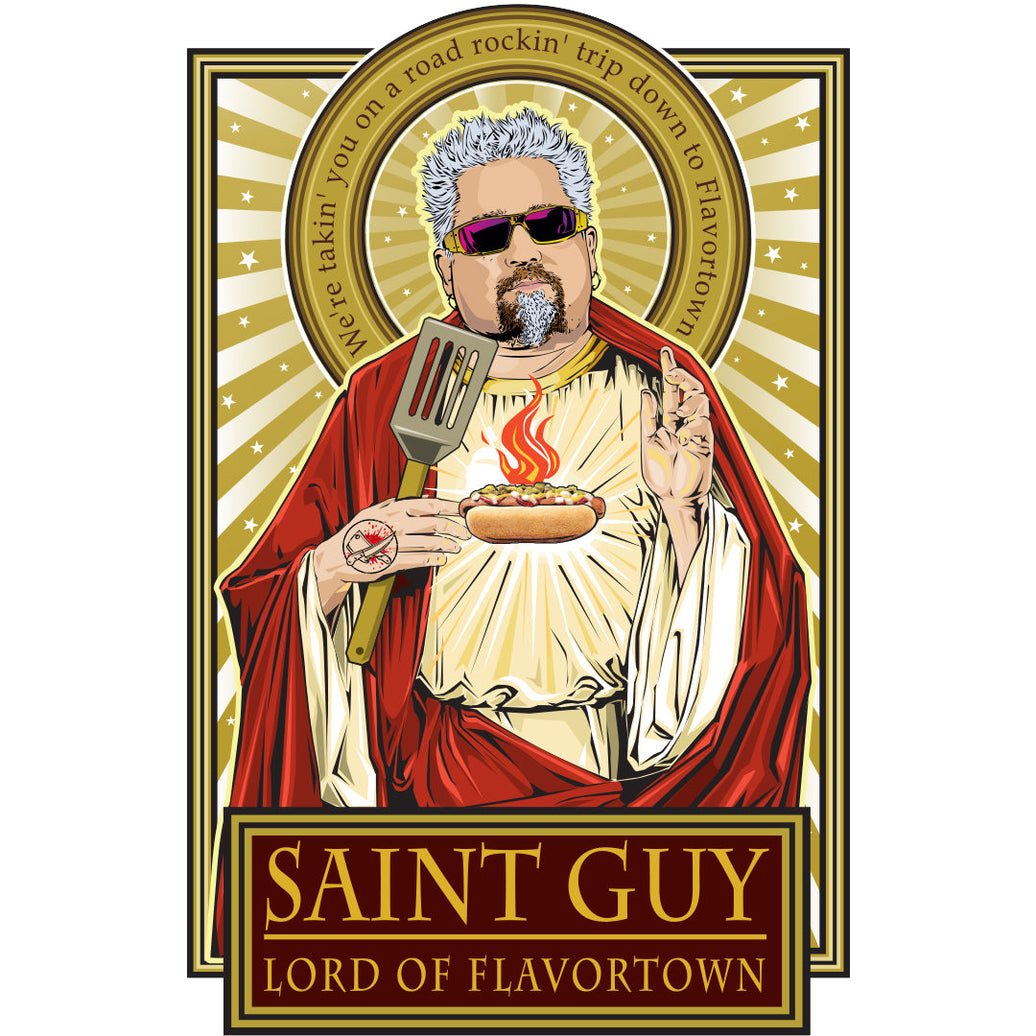
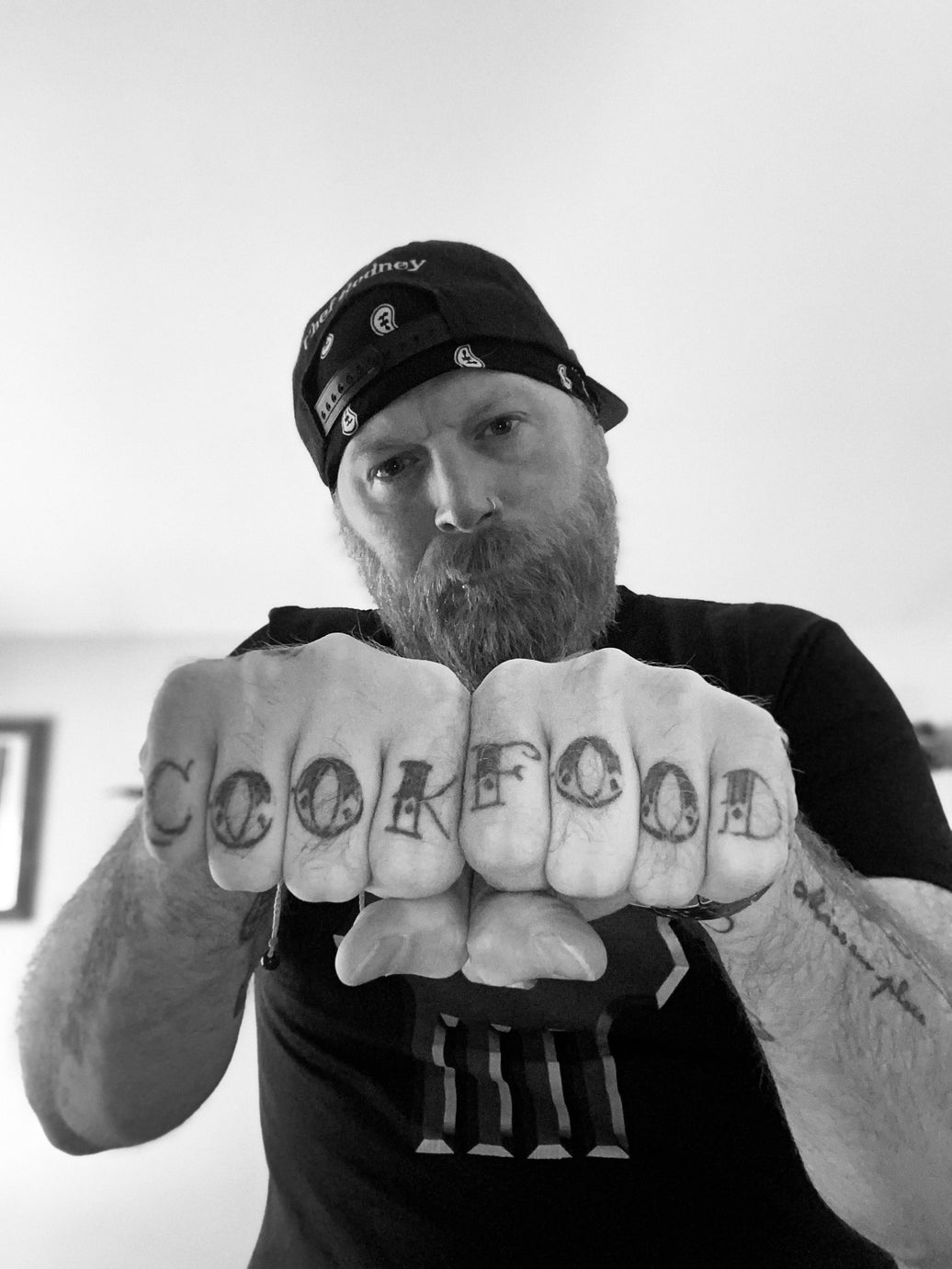
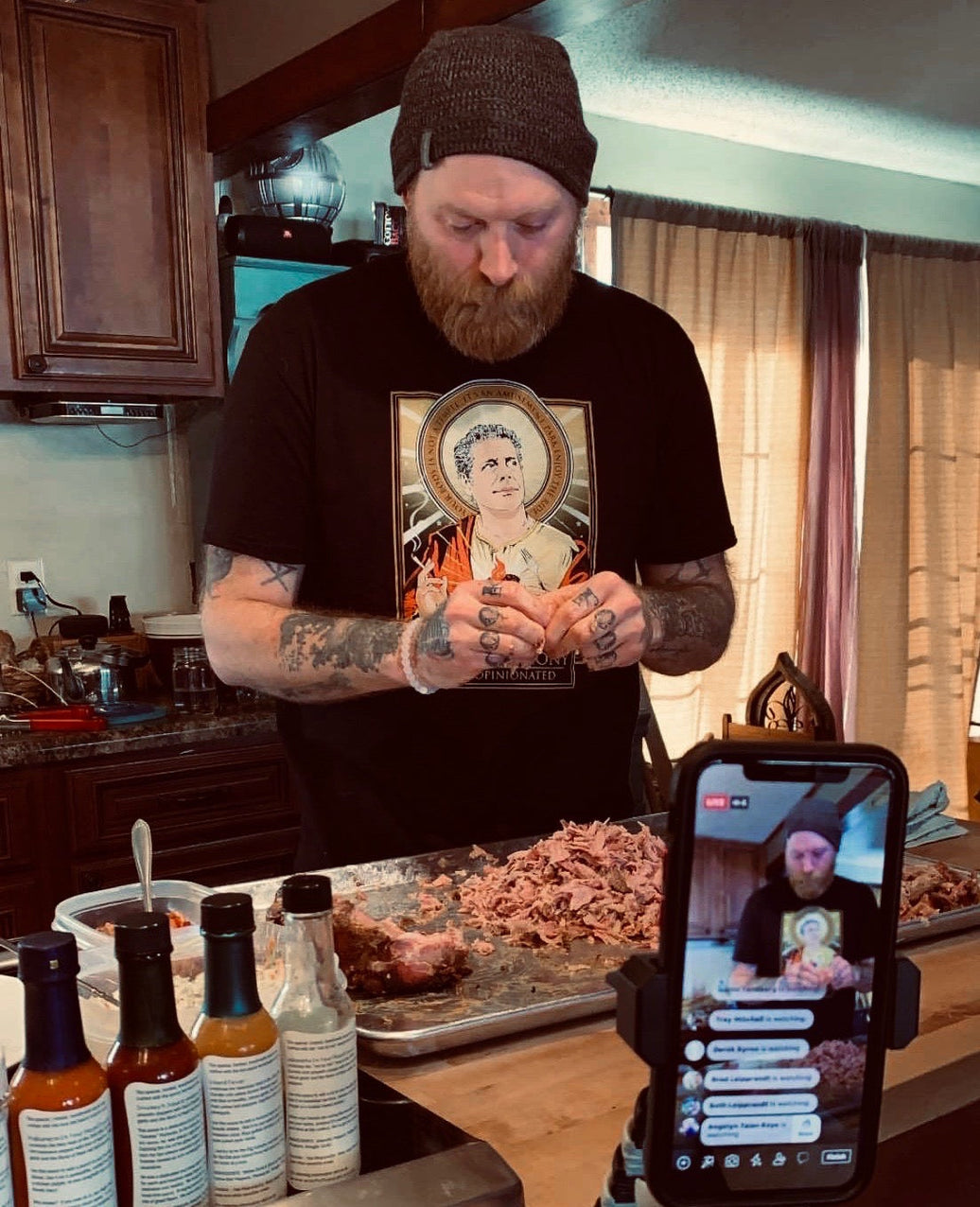

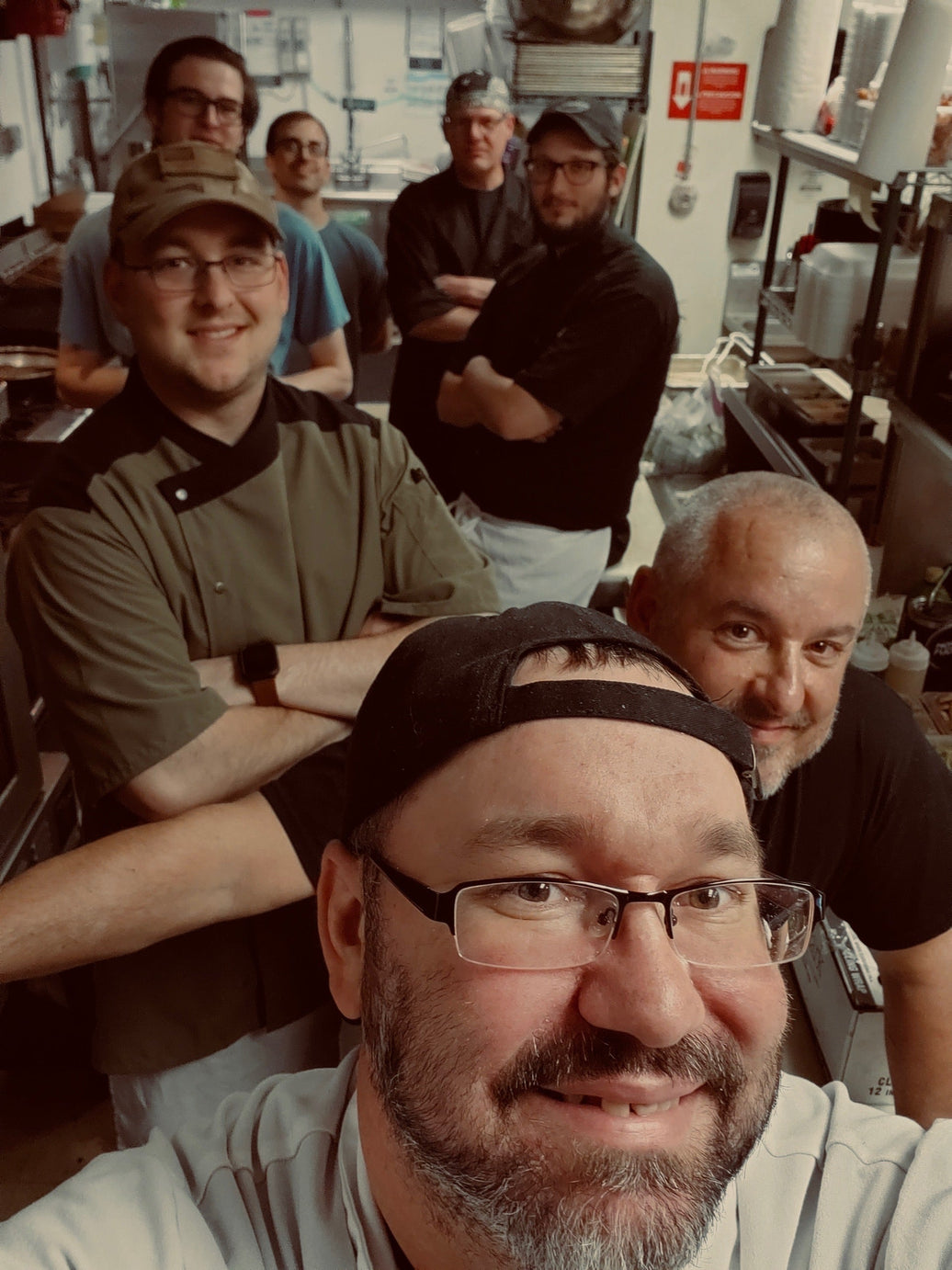
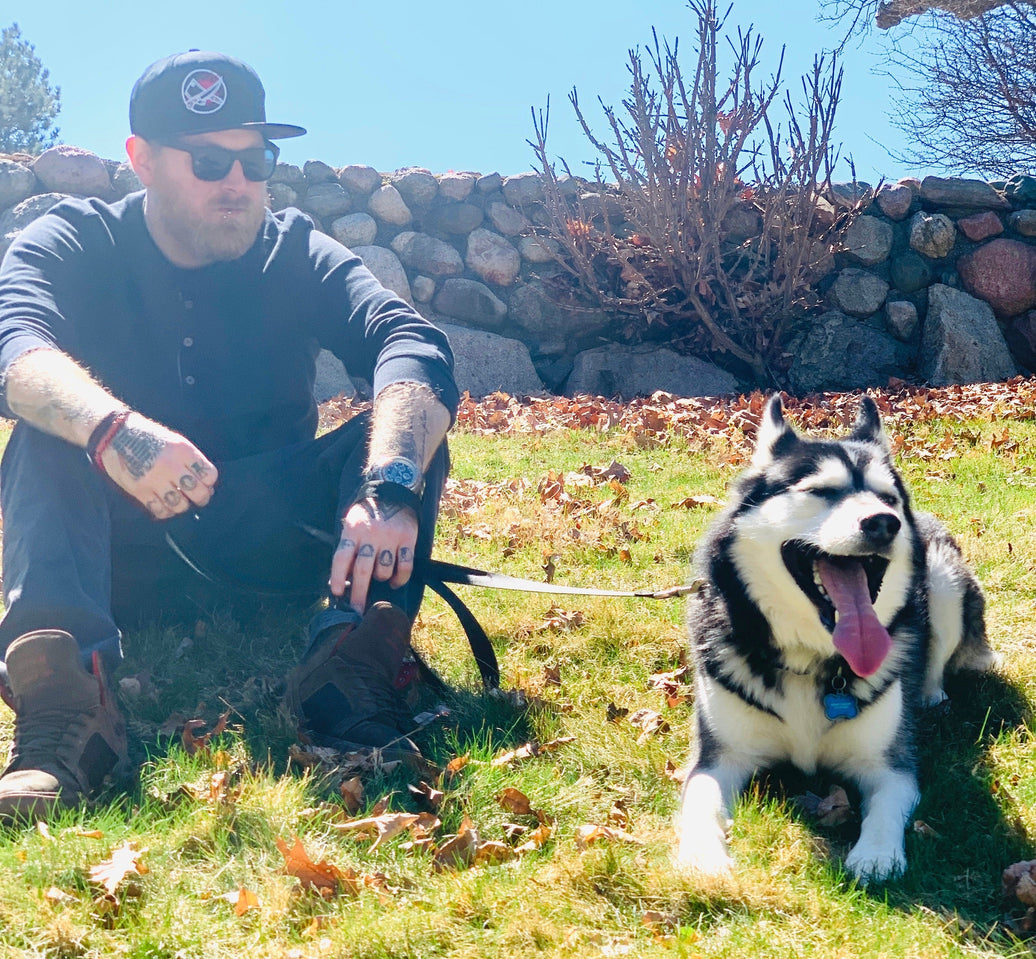

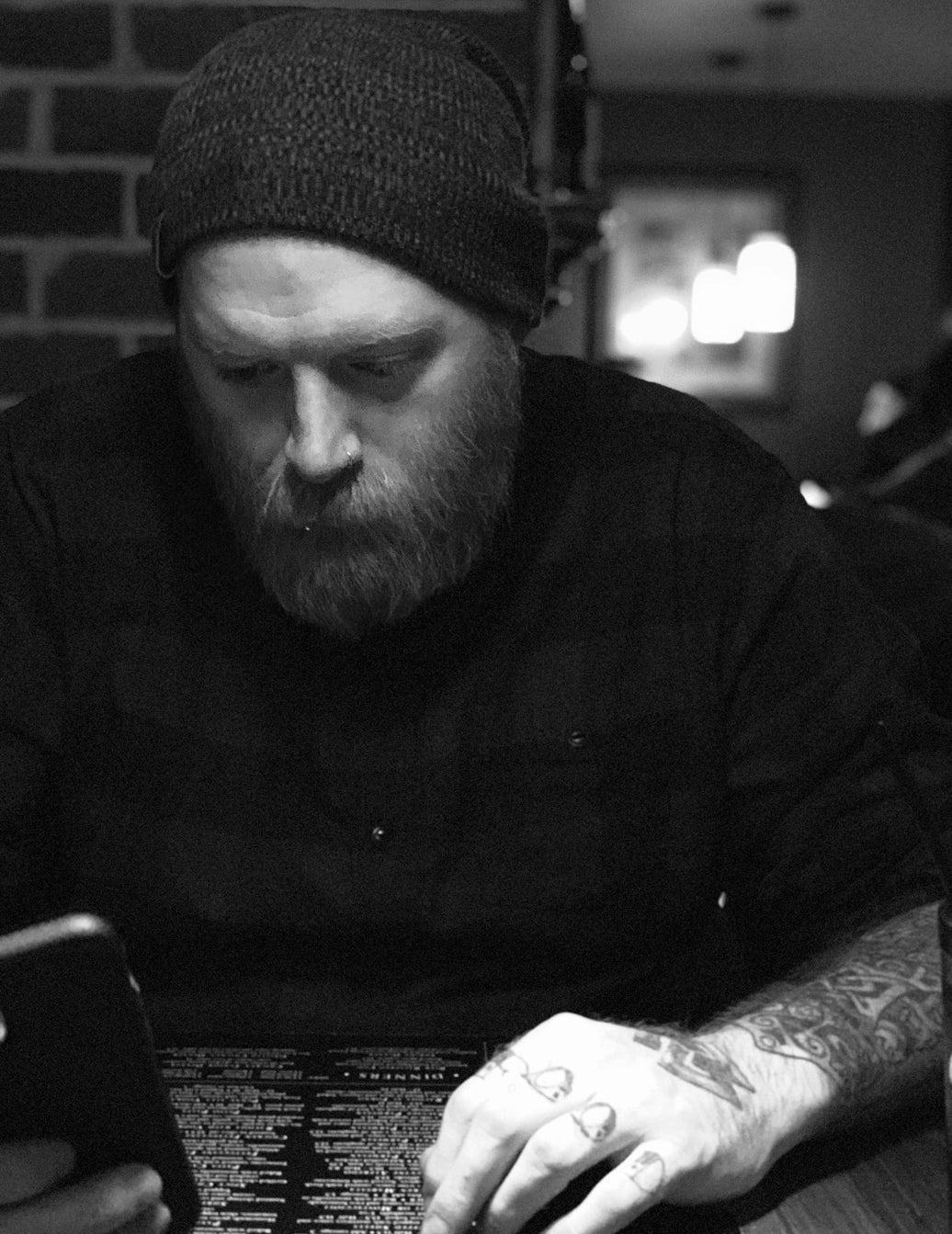
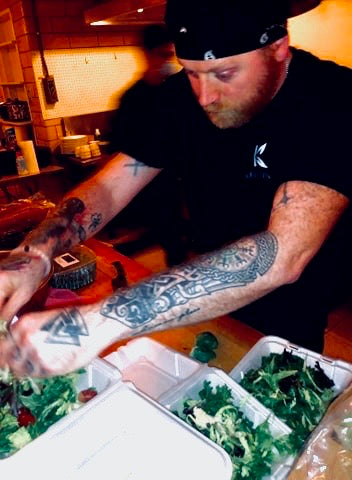

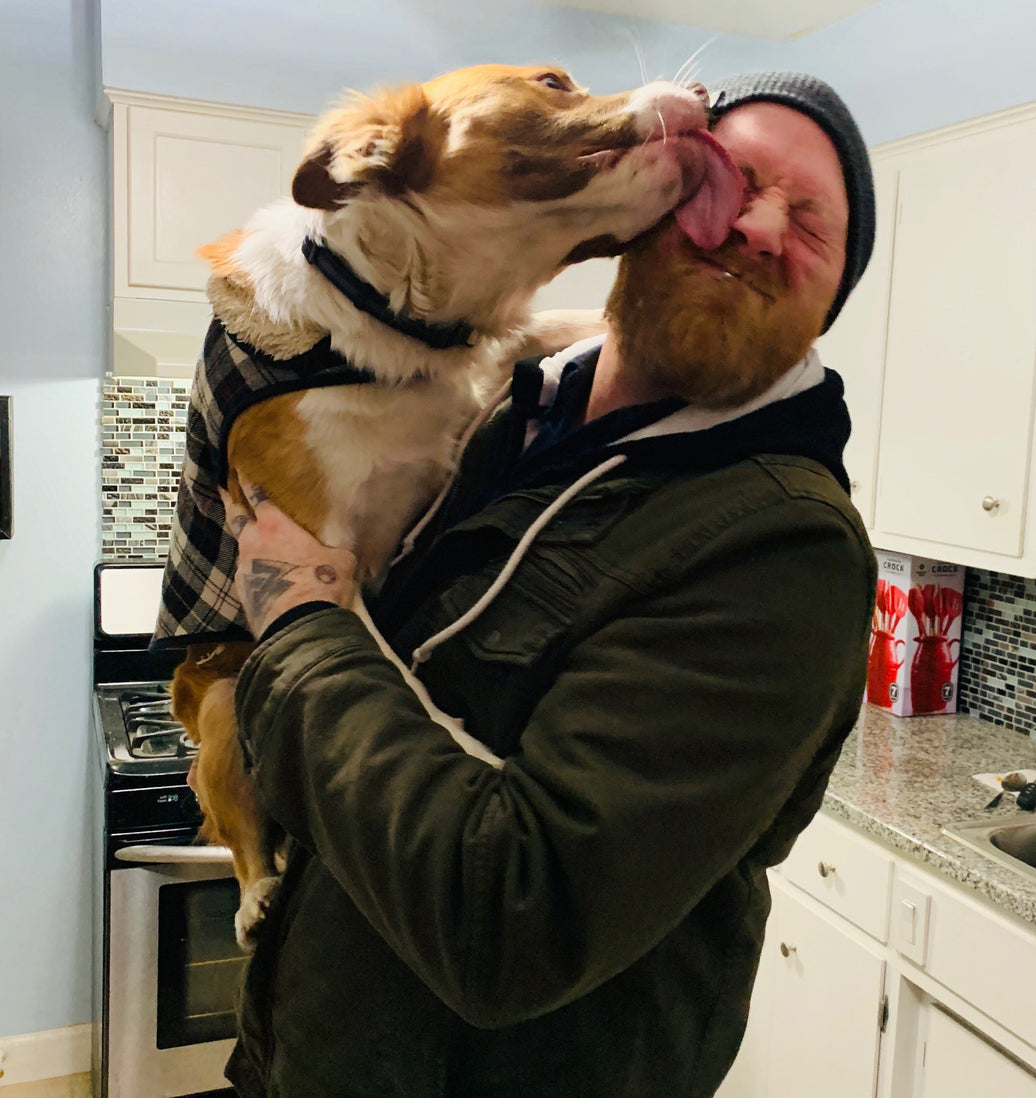
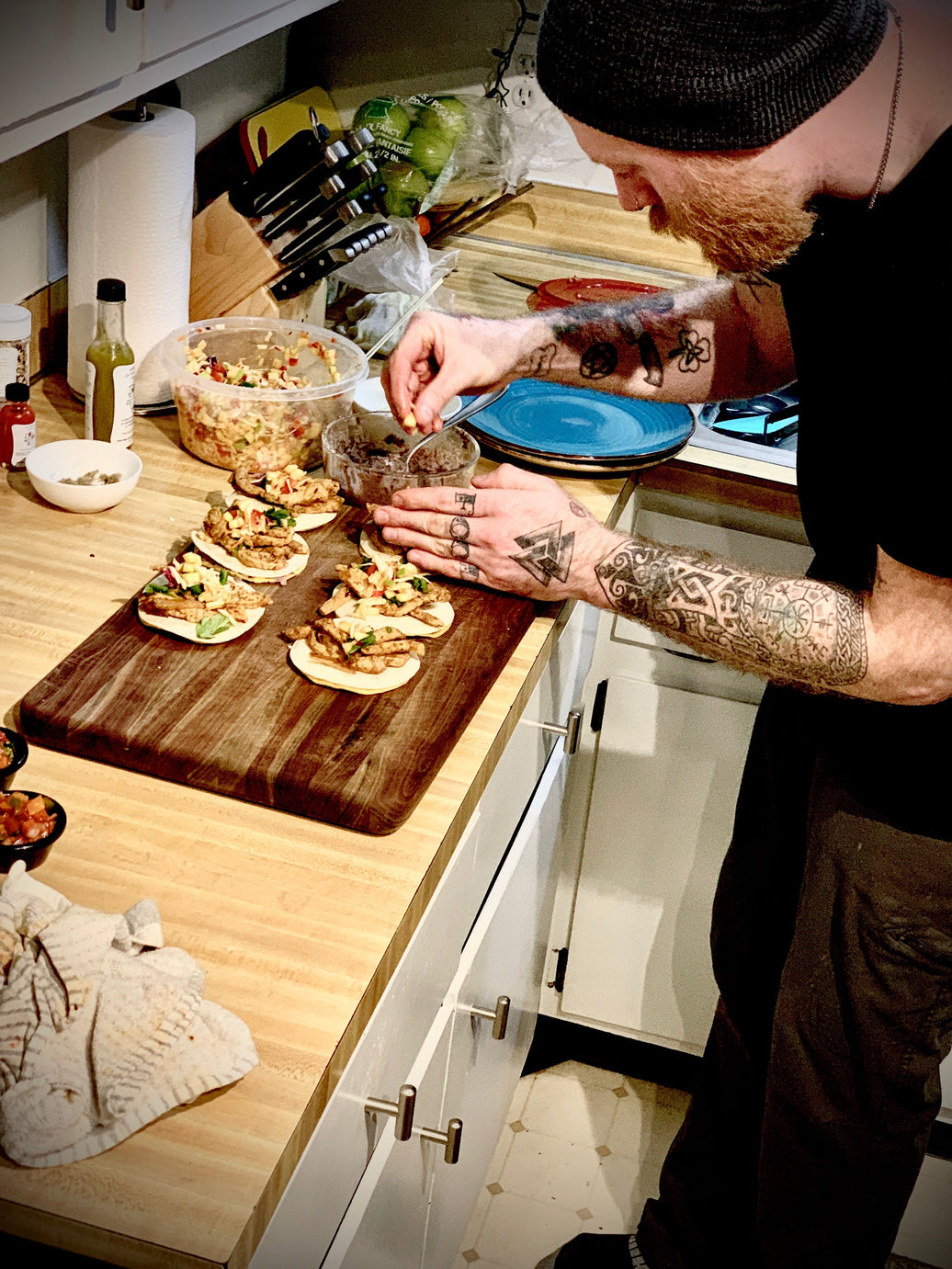
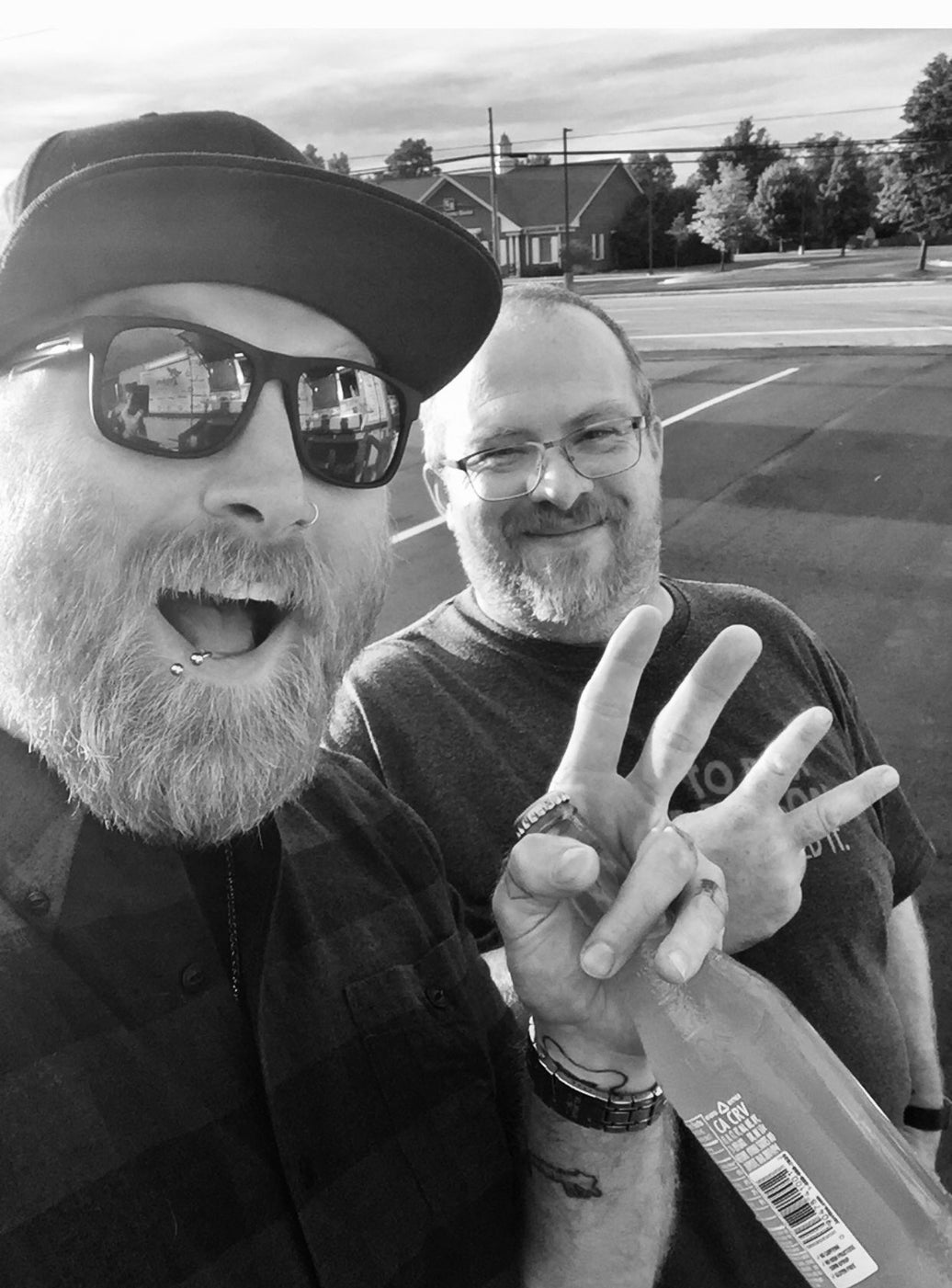
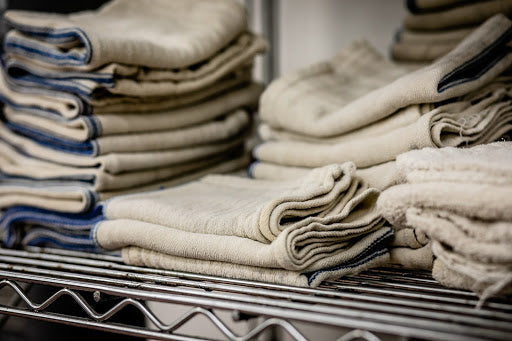




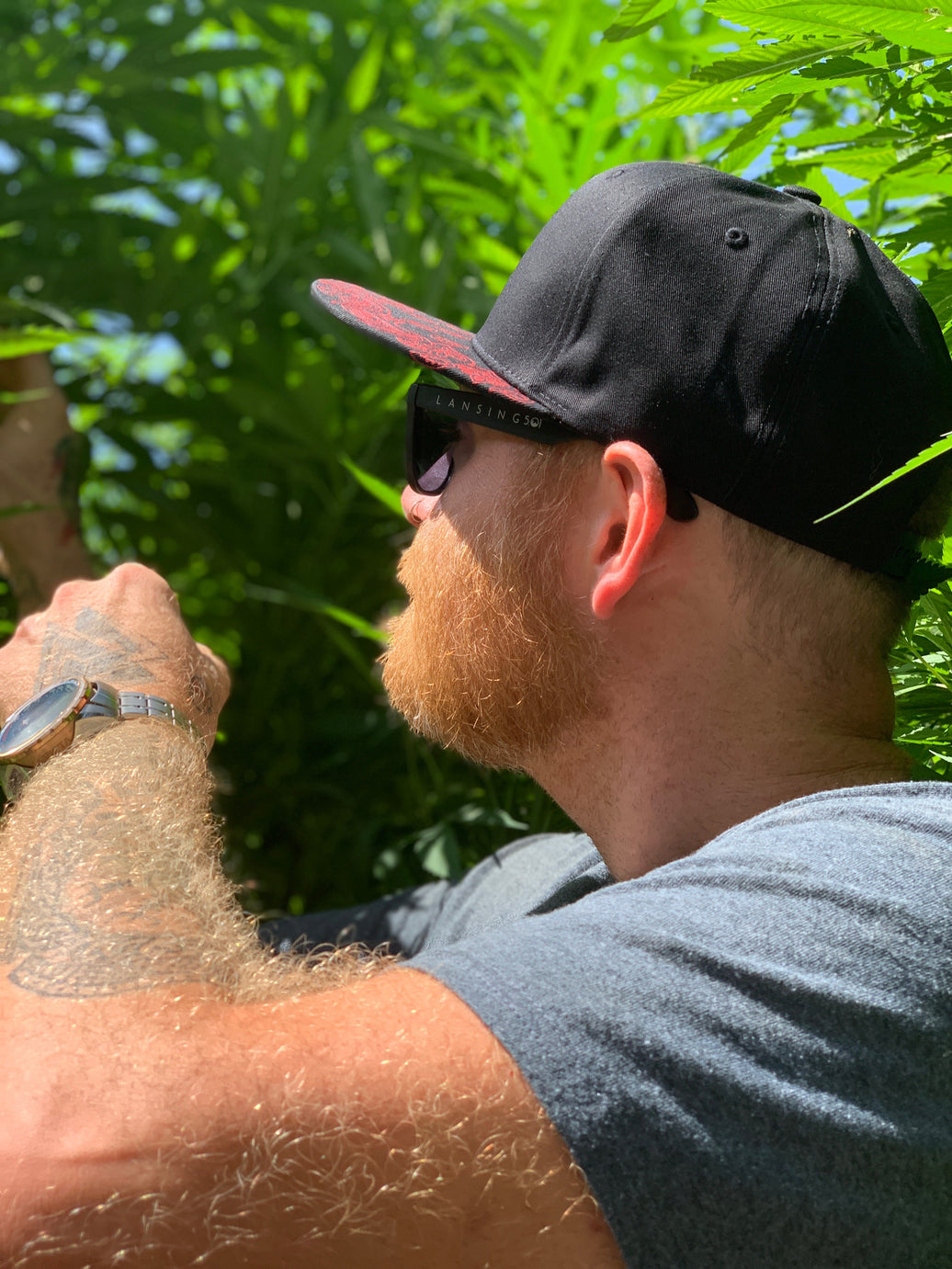
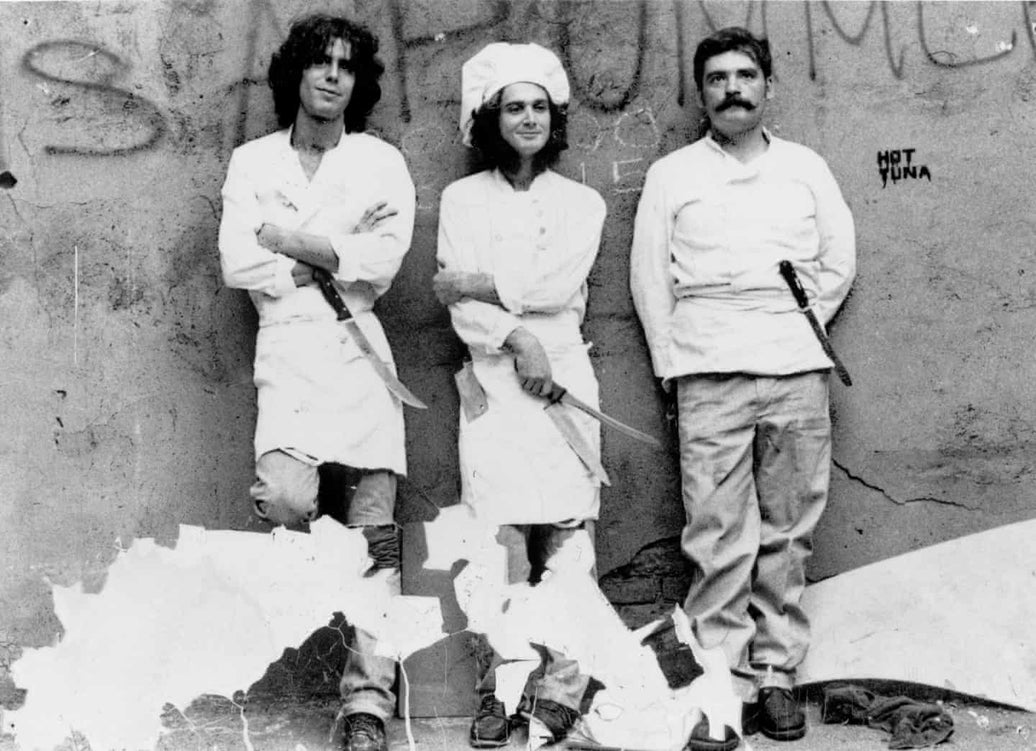

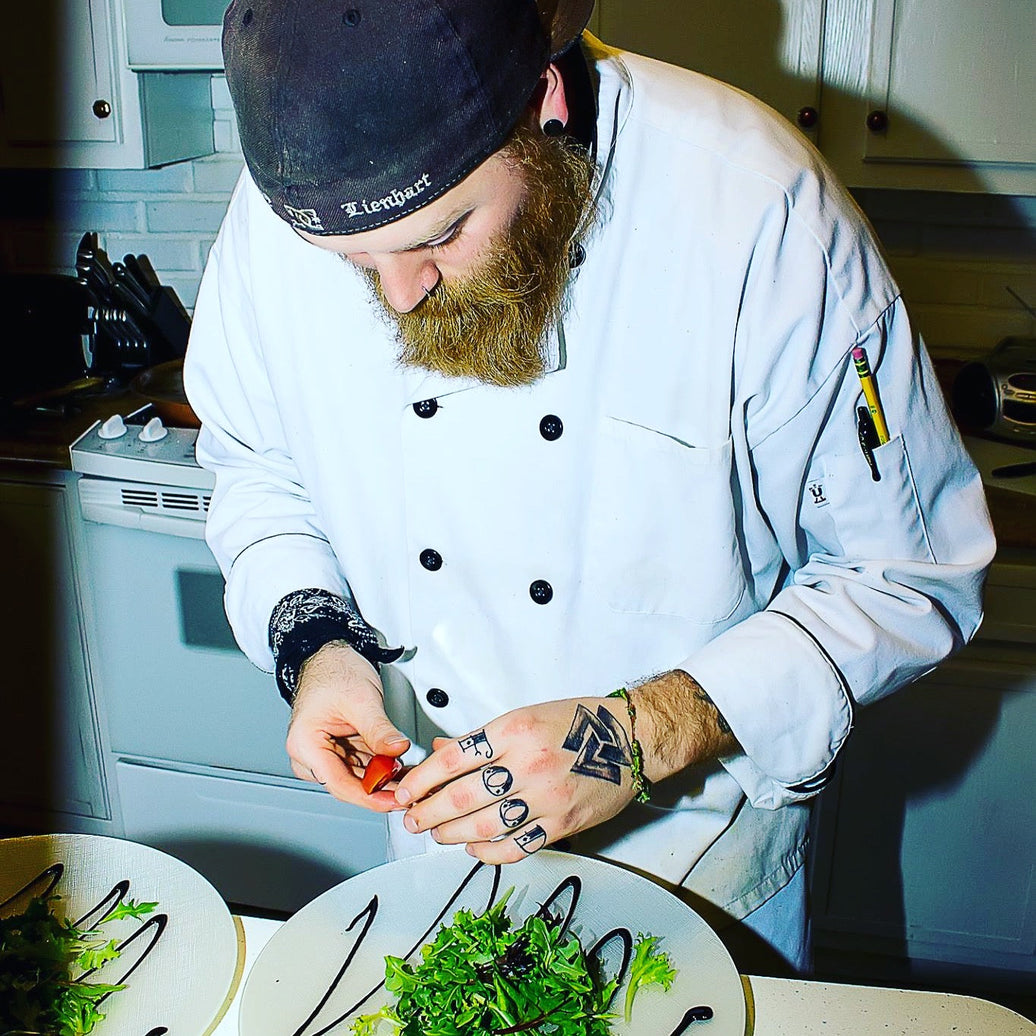
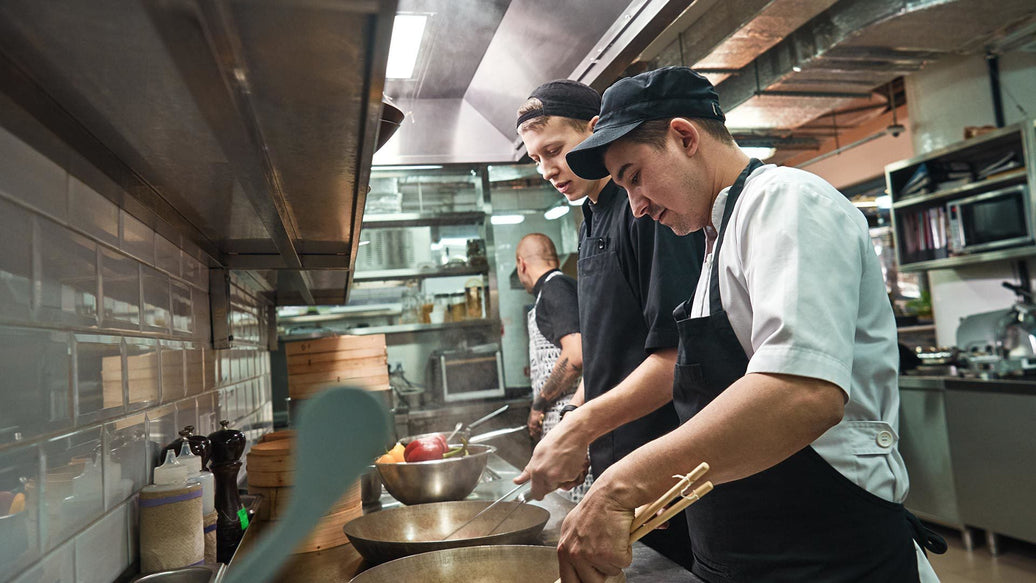

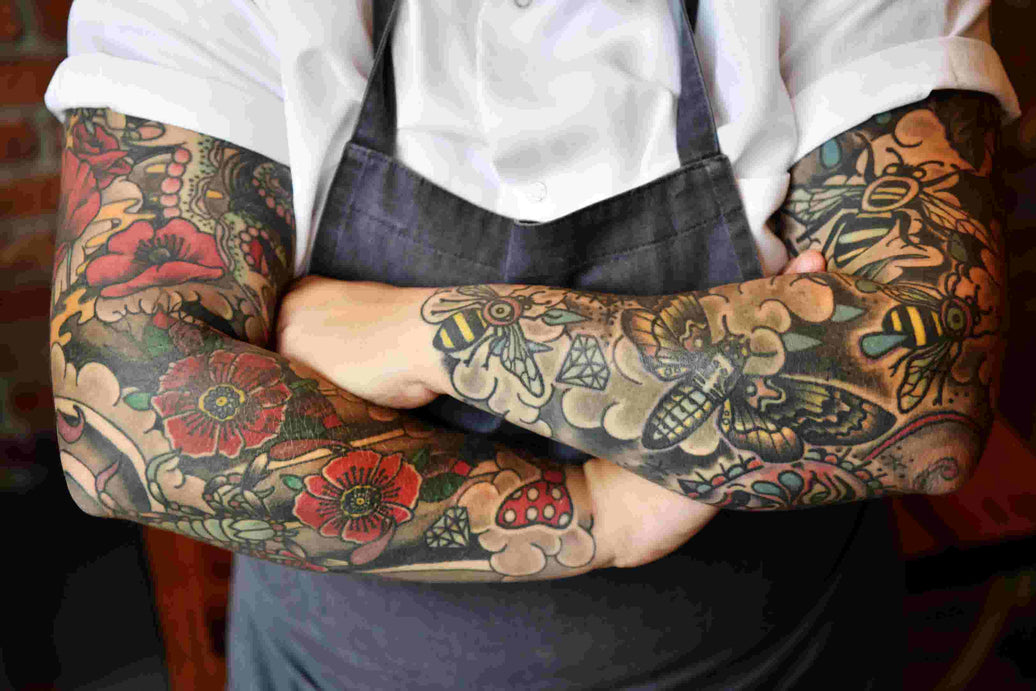
Leave a comment